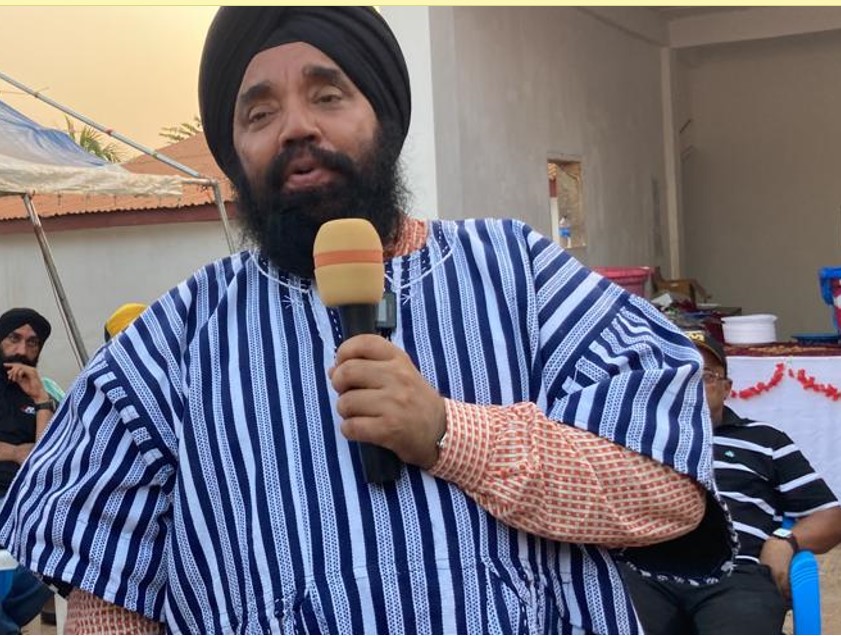The Salala Rubber Corporation (SRC) in Weala, Margibi County, is on the verge of resuming operations after a closure in June. New management, led by Mr. Upjit Singh Sachdeva, owner of Jetty Rubber LLC, made a significant announcement on September 13, 2024, during a mass meeting attended by former workers and local residents. Mr. Jetty emphasized the importance of revitalizing the workforce as well as the community, detailing plans to reopen SRC’s school system and health centers by October. During the meeting held at the main factory, the atmosphere was filled with hope and anticipation as the new leadership outlined their vision for the future of the company.
The background of SRC’s closure reveals a turbulent period when the company was shut down by its previous owner, the Socfin Group, due to labor disputes that included violent actions from disgruntled workers. The change in management occurs at a pivotal time for the community, which has relied on SRC for employment and support. Mr. Jetty’s commitment to prioritize workers’ living conditions was highlighted during the meeting, where both he and general manager Ajith Kumar reinforced the need for a collaborative effort from former employees to ensure the company’s prosperity. The revitalization effort symbolized by Mr. Jetty’s takeover presents a promising chance to stabilize the local economy and enhance the livelihoods of many.
In his commitment to improving the educational and health facilities associated with SRC, Mr. Jetty discussed the initiation of a regular feeding program for children in the plantation, showcasing his belief in investing in human resources and community welfare. He emphasized the necessity of his investment in the rubber sector and how it would create job opportunities for local residents, asserting that over 850 former employees stand to gain from these developments. The initiatives outlined were well-received, with attendees expressing gratitude towards Mr. Jetty and his team for taking over the beleaguered company. This sense of collective optimism aims to foster a transformative environment built on teamwork and mutual support.
During the meeting, General Manager Ajith Kumar acknowledged Mr. Jetty’s role in restoring hope at SRC, while urging employees to make thoughtful decisions and surround themselves with positive influences as they embark on this new chapter. The call for unity and cooperation reflects an understanding that the path toward achieving a successful and sustainable operation relies heavily on the employees’ dedication and input. The atmosphere within the factory was energetic, with many expressing excitement about the future and appreciating the significant changes promised by the new management.
Mr. Jetty’s approach to the SRC workforce encourages a new culture of shared responsibility and empowerment, signaling that he values the contributions of each employee. His strategies center on not just reinstating previous operational norms but on transforming the company into a more responsible and community-oriented enterprise. The promise of enhanced facilities and programs illustrates a forward-thinking mindset that seeks to address past grievances while securing a sustainable operational framework. The collaboration between management and workers is expected to result in a reinvigorated company culture, steered by mutual respect and the collective aim of enhancing their socio-economic status.
As the reopening date in October approaches, former workers and the wider community are brimming with enthusiasm and hope. The transformative efforts of Jetty Rubber LLC and Mr. Jetty’s strategic plans for SRC signify a critical moment for both the company and the local economy. By placing human resources at the forefront of his operations and committing to community welfare, the new management aims to set a benchmark for corporate responsibility in the region. This development not only impacts the immediate workforce but also projects a ripple effect that could lead to enhanced education, health services, and overall community revitalization, which may serve as a model for similar enterprises in Liberia and beyond.


